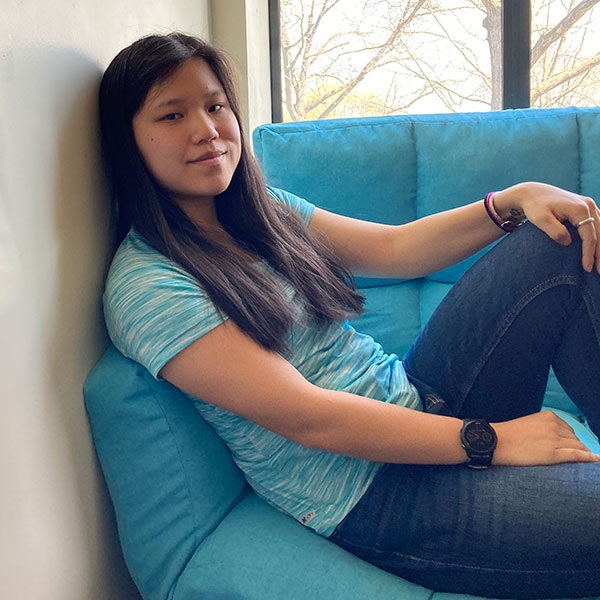
Developing a Virtual Modular Synthesizer for Sound Waves and MIDI

Name: Margaret Jagger
Majors: Computer Science and Music
Minor: Statistical and Data Science
Advisors: Drew Guarnera and Sofia Visa
Modular synthesis involves the alteration and modification of digital sound signals. Thus, this modular synthesizer allows a user the option of supplying their own MIDI-compatible controller to serve as an input source, or to use the built-in pure sound waves instead. Either input will be fed into the domain-specific language SuperCollider and altered, with specific sound modifications dependent on the input source used. Using theoretical knowledge of the physics behind the motion of sound waves, various modules and functionalities are created. Then, with SuperCollider, these modules are implemented into a synthesizer which accepts either pure sound waves or MIDI as inputs, in a clean and easy-to-use interface. This modular synthesizer also has the potential to be continually expanded and improved upon beyond this initial version, with the option of adding other functionalities and sound modification options to augment the features currently available.
In working with SuperCollider, a noticeable hurdle that appeared was an inability to always invoke principles of good software development. For much of development, for modules to be able to affect each other and to keep its modularity, we lost the ability to separate functionality into distinct functions or files. Future development on this prototype virtual modular synthesizer could include, but is not limited to: developing additional modules and functionality for both input types, adding compatibility to upload MIDI or MP3 files, integrating the two input options more fluidly, and altering the GUI for easier use outside the SuperCollider environment.
 Loading...
Loading...
Posted in Comments Enabled, Independent Study, Symposium 2022 on April 26, 2022.
2 responses to “Developing a Virtual Modular Synthesizer for Sound Waves and MIDI”
Related Posts
Related Areas of Study
Statistical & Data Sciences
Use statistics, math, and computer science to gain insights into data and solve real-world problems.
Major MinorMusic
Earn a bachelor of arts in music or a bachelor of music in either music performance or music composition
Major MinorComputer Science
Solve complex problems with creative solutions using computer programming and applications
Major Minor


Hi Margaret! Awesome job! I have a question: what can we use your Modular Synthesizer for? Is it something that can be built into sound machines like speakers to make the sound better or to change the sound?
Thank you Dr. Morrison! That’s one of the great things about synthesizers. You can definitely program it to do a variety of things, so far this one is fully capable of changing sounds to a degree.
Other uses for this type of software include adding a neural network layer to do a lot of these modifications for you. Maybe once technology gets a little better you’ll be able to program it into speakers themselves.